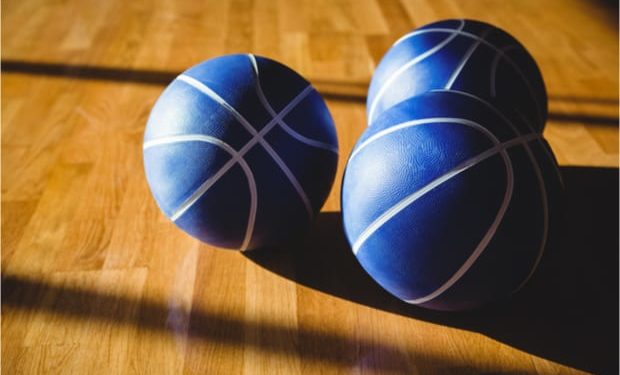Daniel Heney, the MFMA executive director, sat down with Campus Rec Magazine to answer questions on MFMA and lessons he’s learned having been in the industry for over 25 years:
CR: Who is MFMA? How do you help campus recreations centers?
DH: MFMA is the worldwide authoritative source of information about maple sports flooring and related sports flooring systems. MFMA accomplishes this mission through the development of quality and performance standards, installation best practices, education, and by promoting the use of quality maple and synthetic sports flooring products.
MFMA helps campus recreation centers by providing them with the assurance that the sport floor installed in their facility is the highest quality available, has been installed per industry standards, that the surface has been engineered to today’s athletes and we can provide guidance on how to maintain that surface. We also work as impartial, third-party inspectors if there is suspected installation problems, post installation damage or a lifetime assessment is needed.
CR: You’ve been in the industry for over 25 years. What are some of the biggest lessons you’ve learned?
DH: The biggest lesson I’ve learned is to be honest. I have found that being straight forward and honest with people is the best lesson. It helps build your credibility and allows you to operate in a transparent environment with no hidden agendas.
CR: What best practices can you share with our readers around flooring installations and maintenance?
DH: Always go with a pro. Use a flooring installation company that has experience in sports floor installations and one that participates in continuing education for its laborers. The MFMA provides continuing education through our Accredited Installers (AI) Program. This program helps installation companies stay current with the proper installation of the latest designs in flooring systems. In regards to maintenance, I would recommend you follow the MFMA recommended maintenance procedures for both maple and synthetic flooring. Deviating from the recommended procedures, to save time, often ends up creating unsatisfactory results or even damage to the playing surface.
CR: What advice would you offer for getting the most out of flooring supplier partnerships?
DH: The best advice would be to familiarize yourself with the floor installed in your facility and the manufacturer that made it. Learn how it is designed to perform and what performance characteristics that floor system features. Maintaining a working relationship with the sport floor contractor who installed the floor system is also important, especially when considering daily and yearly maintenance of your sport floor surface.
CR: Are there flooring trends our readers should be aware of?
DH: The use of different grades of maple flooring, other than ultra-light colored First grade or blonde colored Second and Better grade. Floors with more character are becoming increasing popular. I have seen an uptick in the use of Third and Third and Better grade flooring to give a facility a different non-traditional look. I have even seen an increase of mixing of grades where the competition floor is light in color and darker colored boards used around the perimeter to produce a visually striking floor appearance.
CR: Is there anything you want to make sure our readers know about that they may not be aware of right now?
DH: End users should know that MFMA is there as a resource for them. We are happy to answer any questions we can about your sport floor surface or what you should and shouldn’t do on it. We are just a phone call or email away.
For more information, visit maplefloor.org/Home.aspx.










